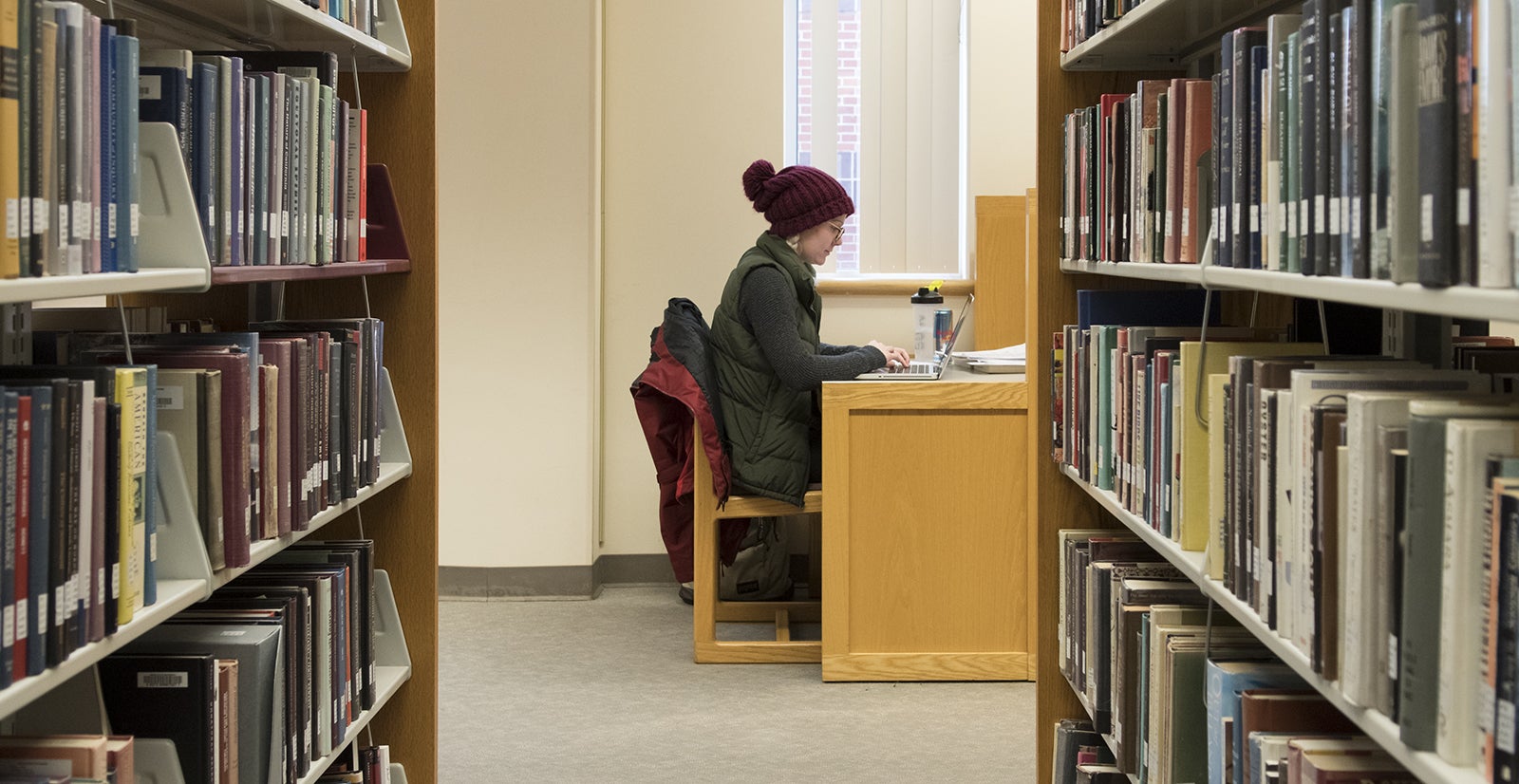The Writing, Rhetoric, and Technical Communication (WRTC) emphasis offers students a customizable degree plan that combines the best elements of writing, rhetoric, and technical communication. Through a combination of foundational courses and a series of options, students may build their own degree. The result is a community-based program that prepares students with both the practical and rhetorical skills they need to be successful in today’s job market.

Course Offerings
UF 100 Foundations fo Intellectual Life
UF 200 Foundations of Ethics and Diversity
FW ENGL 101 Writing and Rhetoric I
FW ENGL 102 Writing and Rhetoric II
FC Foundations of Oral Communication
FM Foundations of Mathematics course
FN Foundations of Natural, Physical, and Applied Sciences course with lab
FN Foundations of Natural, Physical, and Applied Sciences in a second field
FA Foundations of Arts course
FH Foundations of Humanities course
FS Foundations of Social Sciences course
FS Foundations of Social Sciences course in a second field
FF WRITE 492 Capstone in Writing, Rhetoric, and Technical Communication
WRITE 201 Nonfiction Writing
WRITE 275 Methods of Literary Studies
LING 305 Introduction to Language Studies
WRITE 212 Technical Communication
WRITE 204 Creative Nonfiction: Genres and Contexts
WRITE 302 Technical Rhetoric and Genres OR WRITE 401 Advanced Nonfiction Writing
WRITE 115 Rhetoric and Popular Culture
WRITE 324 Topics in Writing, Rhetoric, and Technical Communication
COMM 321 Rhetorical Theories OR WRITE 415 Technical Documentation and Usability
WRITE 416 User-Centered Design Principles
HCS 425 Rhetoric and Society
WRITE 304 Argument
WRITE 314 Proposal Development
WRITE 329 Grammar, Style, and Writing OR WRITE 403 Editing for Clear Communication
WRITE 408 Writing for Nonprofits and Social Media OR HCS 310 Writing, Advocacy, and Leadership
Upper-division electives that are relevant to the student’s area of interest: WRITE or LING courses. Students should meet with their advisor to create a cohesive sequence of courses based on academic and career goals.